
Addiction, Trauma, & Adverse Childhood Experiences (ACEs): The Neuroscience behind Developmental/Attachment Trauma and Adverse Childhood Experiences
FileSize :
Faculty:
Linda Curran, BCPC, LPC, CACD, CCDPD | Vincent Felitti, MD | Gabor Maté, MD | Louis Cozolino, PhD | Bessel van der Kolk, M.D. | James W. Hopper, Ph.D. | Lance Dodes | Lisa Ferentz, LCSW-C, DAPA | Mary Lou Schack, Ph.D. | Lane Pederson, Psy.D, LP | Christine A. Courtois, PhD, ABPP
Duration:
5 Hours 17 Minutes
Format:
Audio and Video
Copyright :
Aug 01, 2016
Product Code:
POS051500
Media Type:
Digital Seminar
Access:
Never expires.
Clients are desperately trying to make sense of their symptoms of depression, free-floating anxiety, addictive behaviours, dysregulated emotions, physiological arousal, and seemingly unrelated medical issues. They look to you to create an understanding, provide an accurate diagnosis, and layout an effective treatment approach; however, you find that you can’t without understanding and addressing their “why”. The science is clear and overwhelming about the lasting effects of adverse childhood experiences, developmental trauma, and attachment wounds.
In this video, you will learn key insights regarding the neuroscience of addiction from the Adverse Childhood Experiences (ACE) Study, one of the largest investigations of childhood abuse and neglect, and the impact on later-life health and well-being. You will understand the important assessment and treatment implications from neuroscience that show us addiction is experience dependent, not substance dependent.
You will learn treatment recommendations from the leading experts in trauma and addictions treatment including:
- Bessel A van der Kolk, MD, New York Times best-selling author and the world’s leading expert on psychological trauma
- Vincent Felitti, MD, co-principal investigator of the ACE Study
- Louis John Cozolino, PhD
- Lance Dodes, MD
- Lisa Ferentz, LCSW-C, DAPA
- Jim Hopper, PhD
- Gabor Maté, MD
- Lane Pederson, PsyD, LP, DBTC
- Mary Lou Schack, PhD
Fusing research and theory about attachment and complex developmental trauma, these experts provide invaluable insight that informs our therapy, including:
- The therapeutic alliance, along with all its inherent challenges with boundaries and clinical enactments
- The use of contemplative practices for changing the brain
- Teaching skills for self-regulation
- Evidence-based modalities for both stabilization and processing traumatic material
These experts help illustrate how your clients do not get over or grow out of childhood trauma. These painful experiences, when left unrecognized or untreated, continue to impact us throughout our lifetime; however, with this new insight you can finally say to your client:
Your behaviour absolutely makes sense and here’s what neuroscience and the ACE Study tells us about the association between your experiences as a child and your struggles as an adult.
Featuring-Linda Curran, BCPC, LPC, CACD, CCDP-D, a trauma specialist, veteran clinician, and best-selling author of Trauma Competency: A Clinicians Guide and 101 Trauma-Informed Interventions. Linda has collaborated with the world’s leaders in trauma, including Bessel van der Kolk, M.D., to develop best-selling DVDs and books covering all aspects of psychological trauma, including three video projects for The Master Clinician Series: Trauma Treatment: Psychotherapy for the 21st Century; Power Therapies: EMDR and Beyond; and Evidence-Based Treatments for PTSD.
Linda Curran, BCPC, LPC, CACD, CCDPD
Linda A. Curran, BCPC, LPC, CACD, CCDPD, EMDR Level II Trained, is president of Integrative Trauma Treatment, LLC in Havertown, PA. She provides clients an integrative approach to trauma, and treats PTSD in adolescent and adult populations, including clients with eating disorders, sexual trauma, and self-injury. An international speaker on the treatment of trauma, Linda has developed, produced, and presents multi-media workshops on all aspects of psychological trauma.
Linda is the author of the best-selling Trauma Competency: A Clinician’s Guide (PESI, 2010) and 101 Trauma-Informed Interventions: Activities, Exercises and Assignments to Move the Client and Therapy Forward (PESI, 2013). She is the producer of the best-selling Interview Trauma DVD series in which she collaborated with the world’s leaders in Trauma: Bessel van der Kolk, M.D.; Peter Levine, Ph.D.; Babette Rothschild, MSW, LCS; Stephen Porges, Ph.D.; Janina Fisher, Ph.D.; and many more.
Speaker Disclosures:
Financial: Linda Curran maintains a private practice. She receives a speaking honorarium from PESI, Inc.
Nonfinancial: Linda Curran has no relevant nonfinancial relationship to disclose.
Addiction Counselors, Case Managers, Counselors, Marriage and Family Therapists, Psychologists, Social Workers and other Mental Health Professionals
- Present the findings of The Adverse Childhood Experiences Study (ACEs) and ascertain its clinical implications.
- Articulate the impact ACEs have on an adult client’s morbidity and mortality and explain how this may inform treatment recommendations.
- Implement 10 additional trauma-informed questions in the general medical questionnaire, and use the information gathered to inform the clinician’s choice of treatment interventions.
- Apply treatment components of Dialectical Behavior Therapy to improve clinical outcomes among clients with mental illness, addiction, and dual diagnosis.
- Analyze the efficacy of 12-step programs in addiction treatment.
- Apply the findings of the ACEs study to your clinical treatment planning for the management of a client’s addictive, self-harm and violent behaviours.
- The Origins of the ACE Study
- 10 Categories Studied
- Categories of Abuse
- Physical
- Emotional
- Contact Sexual
- Categories of Neglect
- Emotional
- Physical
- Categories of Household Dysfunction
- Household Substance Abuse
- Mother Treated Violently
- Household Mental Illness
- Incarcerated Household Member
- Parental Separation or Divorce
- Categories of Abuse
- Demographics
- Impact on
- Emotional State
- Mental Illness
- Social Malfunction
- Occupational Performance
- Biomedical Health
- Disease
- Premature Death
- Damage Occurs
- Various “Maladaptive” Coping Mechanisms
- Evidence Against the Disease Model of Addiction
- People Couldn’t Stop Using
- Spontaneous Remission
- Shift to Behavioral Addictions
- DA Response is Immediate
- Different Causes of Relapse
- Evidence Against the Disease Model of Addiction
- Chronic Unrelieved Stress on the Brain
- Disrupted Brain Development
- Epinephrine
- Norepinephrine
- Cortisol
- Dopamine
- Serotonin
- Disrupted Brain Development
- Epigenetics
- Borderline Personality Disorder
- Re-victimization
- Complex PTSD
- Various “Maladaptive” Coping Mechanisms
- Implementing ACE Study Information
- The Addition of 10 Trauma-Oriented Questions
- Treatment
- Neuroscience of Trauma
- Addiction Treatment Trauma
- 12 Step Program vs. Treatment
- Rehab
- Recommendations
- Therapeutic Relationship Complex Trauma
- Therapeutic Alliance
- Clinical Enactments
- Mandated Therapy for Therapists
- Simple Interventions
- The Body and the Brain; Embodiment Circuitry
- 5 Functions of DBT
- Increasing Client Motivation
- Increasing Client Capability
- Generalize Skills
- Increasing Therapist Motivation
- Structure
- DBT Skills
- Mindfulness
- Distress Tolerance
- Emotion Regulation
- Interpersonal Effectiveness
- DBT Interventions
- More on the Phase Model of Treatment
- Simple vs. Complex PTSD
- Trauma Processing Modalities
- Evidence-Based Practice
Please Note: PESI is not affiliated or associated with Marsha M. Linehan, PhD, ABPP, or her organizations.
Addiction. Trauma. & Adverse Childhood Experiences (ACEs): The Neuroscience behind Developmental/Attachment Trauma and Adverse Childhood Experiences





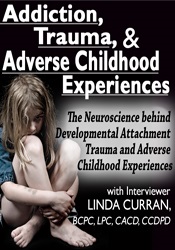





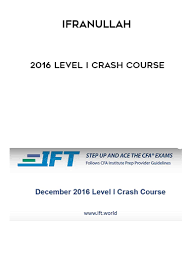
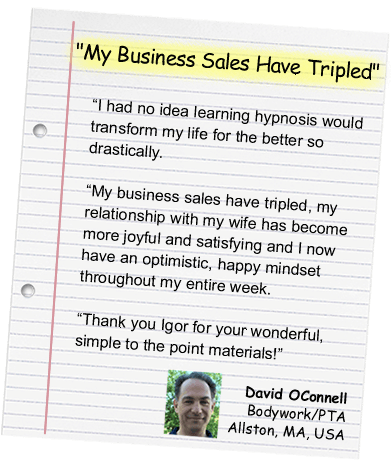
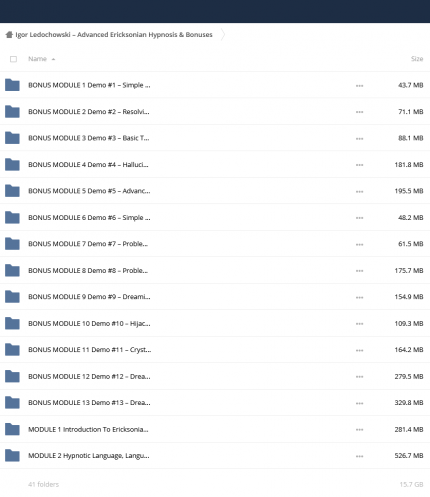





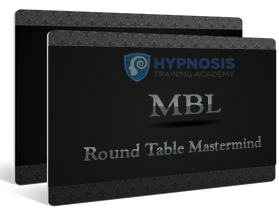

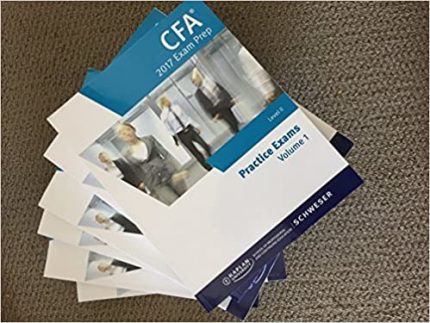

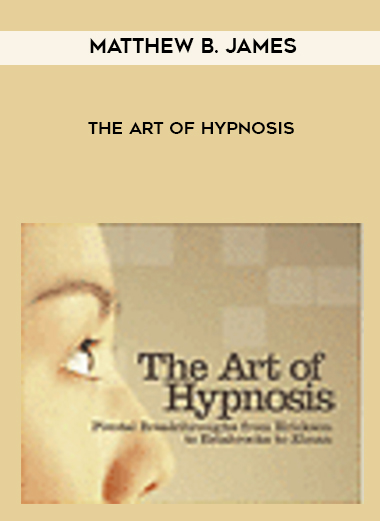












Reviews
There are no reviews yet.